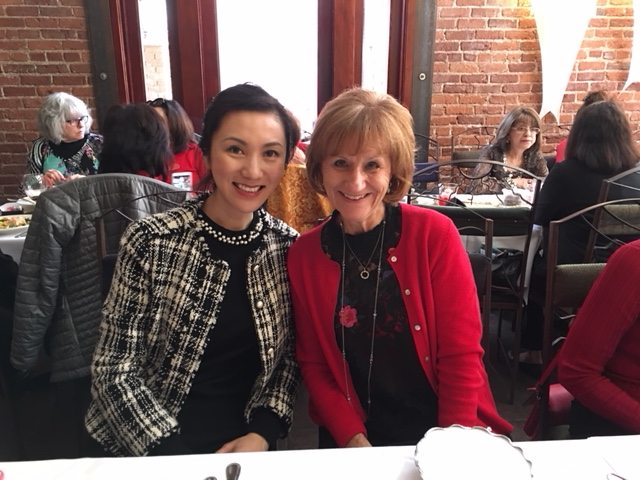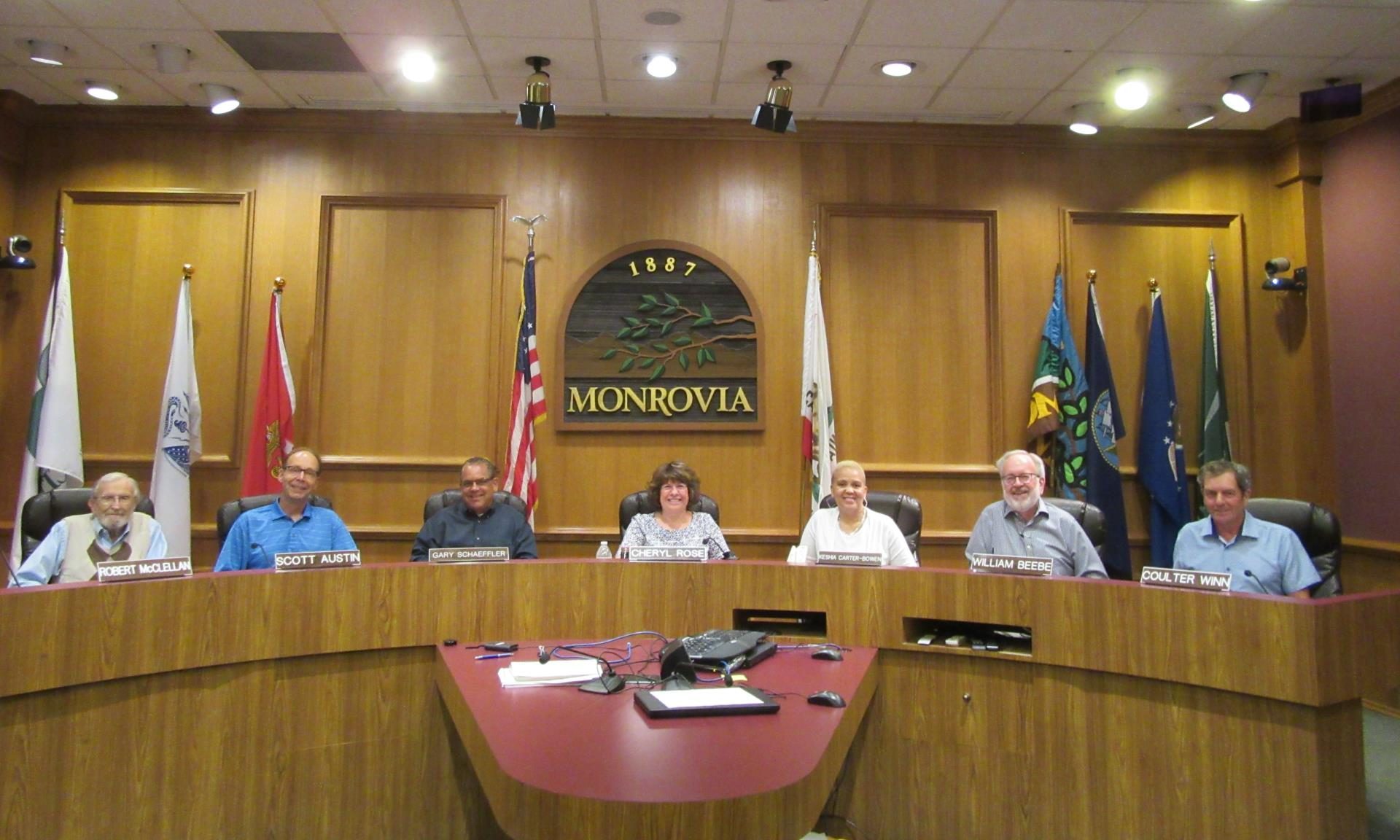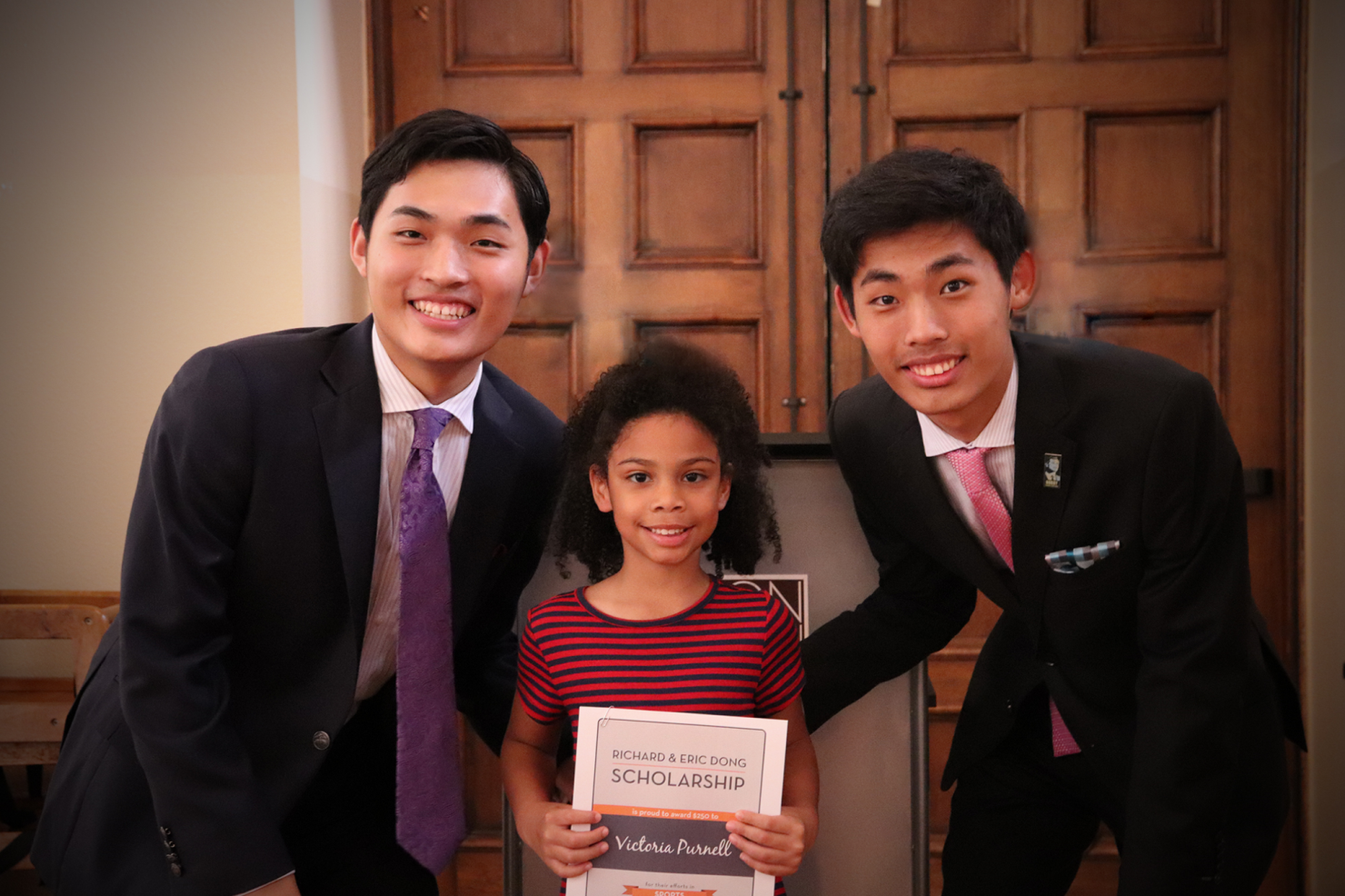
Did you know that in 2019, a black woman has to work for 598 days to make the same amount a man makes in 365 days?
On average, Black women are paid 39% less than white men and 21% less than white women. That is why #BlackWomensEqualPayDay is Thursday, Aug. 22.
It is important to bring awareness to the workplace intersectional bias: black women simultaneously experience two marginalized identities, female and black, and face unique barriers and obstacles that are not well understood or acknowledged by others. “Black women deal with double discrimination every day—they face biases for being women and biases for being people of color. One place where we see that double effect is in the 39 percent pay gap,” said Rachel Thomas, president of LeanIn.Org.
Despite the California Equal Pay Act, that means black California women earn 61 cents to the dollar even after controlling for education, years of experience, and location.
The persistent gender-race wage gap (discriminatory pay and lack of promotion) harms not only black women, but the economic well-being of their families and the economy, according to the Washington, DC-based National Partnership for Women & Families. Lower earnings for Black women means less money for their families, where 80% of Black mothers are the main breadwinners for their households. When black women are paid less it impacts their ability to afford rent/mortgage, buy groceries, pay for child care, pay tuition and so forth.
Unfortunately the stress of lesser pay negatively impacts their day-to-day experiences and their overall health (lost productivity, anxiety, depression, weight gain, heart disease and other negative health impacts.)
“The pay gap facing Black women is an urgent problem,” said Sheryl Sandberg, COO of Facebook and founder of LeanIn.Org. It has huge financial implications for millions of families. And it signals something deeply wrong in our economy. We need to address the gender and racial inequalities that give rise to this imbalance—and create workplaces where everyone’s labor is valued, everyone is treated with respect, and everyone has an equal shot at success.”
While women are becoming more visible at companies and institutions, black women, in particular, are not. For every black woman that rises through the ranks to a position of power, there are too many others who are still struggling to be seen, hired, listened to, and promoted. Without a specific focus on strategies to recruit, hire, promote and retain black women, progress will remain stalled.
The data doesn’t lie — black women see more obstacles to racial equality and barriers in the workplace. According to a 2016 report from the National Center for Education Statistics, black women have become one of the most educated slices of the American population. Black women are paid less no matter how much education they have. That works out to $870,000 in lost wages by the end of their careers.
The abundance of diversity plans and creative public relations has no value if employers concentrate black women in lower paying roles vis a vi not recognizing the invisible plight of black women – the lack of hiring and promotional opportunities. Diversity may get black women in the employment door; however inclusive and equitable promotional opportunities keeps them there. It means incorporating the ideas, feedback, and valuing the voices of black women. Positive change must come faster, be tangible, transparent for accountability, and involve immediate action.
What can you do? Ensure black women are hired, promoted and paid equitably in various employment sectors, because unfair pay for black women and women of color has prevailed for far too long. Men and women of all colors, races and creeds must join forces to realize this injustice.
As we approach Aug. 22, talk about it freely with your friends and family, take dedicated action – speak up for a black woman who is afraid to do so, look into your companies diversity policies in action, and ask your local representatives how they will address black women’s unequal pay? On social media, follow the hashtags #BlackWomensEqualPayDay and #38PercentCounts. Please note that Native Women’s Equal Pay Day is Sept. 23, 2019 and Latinas Equal Pay Day is Nov. 20, 2019. It is important for everyone to bring awareness and action for equal pay for all women.
For more on equal pay, visit:
- leanin.org/equal-pay
- equalpaytoday.org/black-womens-equal-pay-day-2019
- nationalpartnership.org/our-work/resources/workplace/fair-pay/african-american-women-wage-gap.pdf
– Kelly L.
ALTADENA






